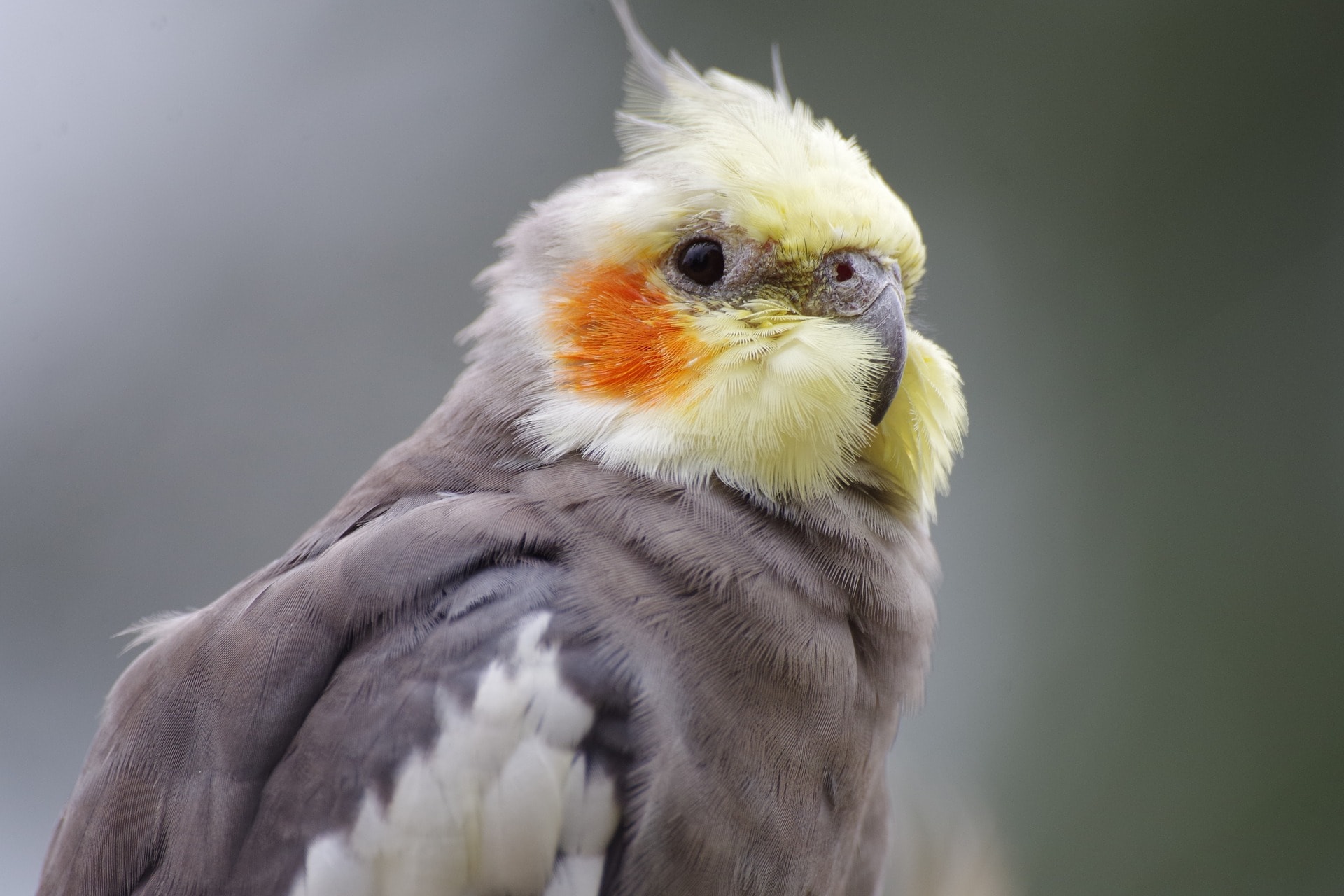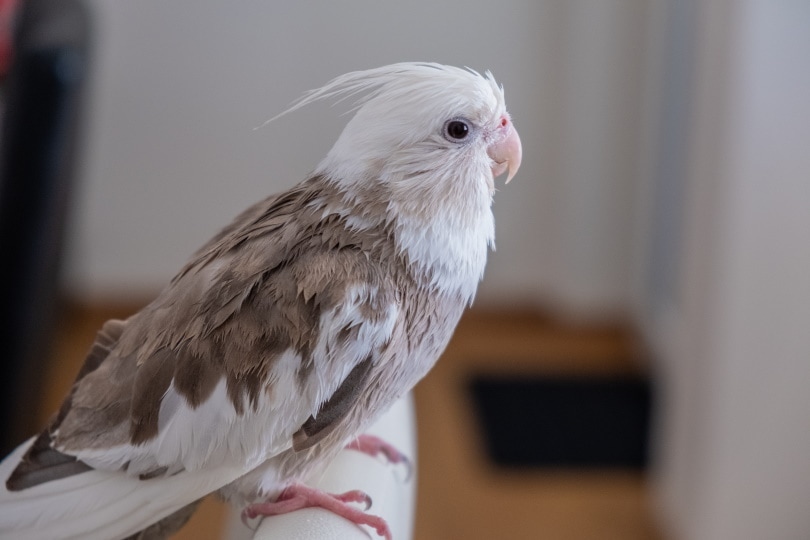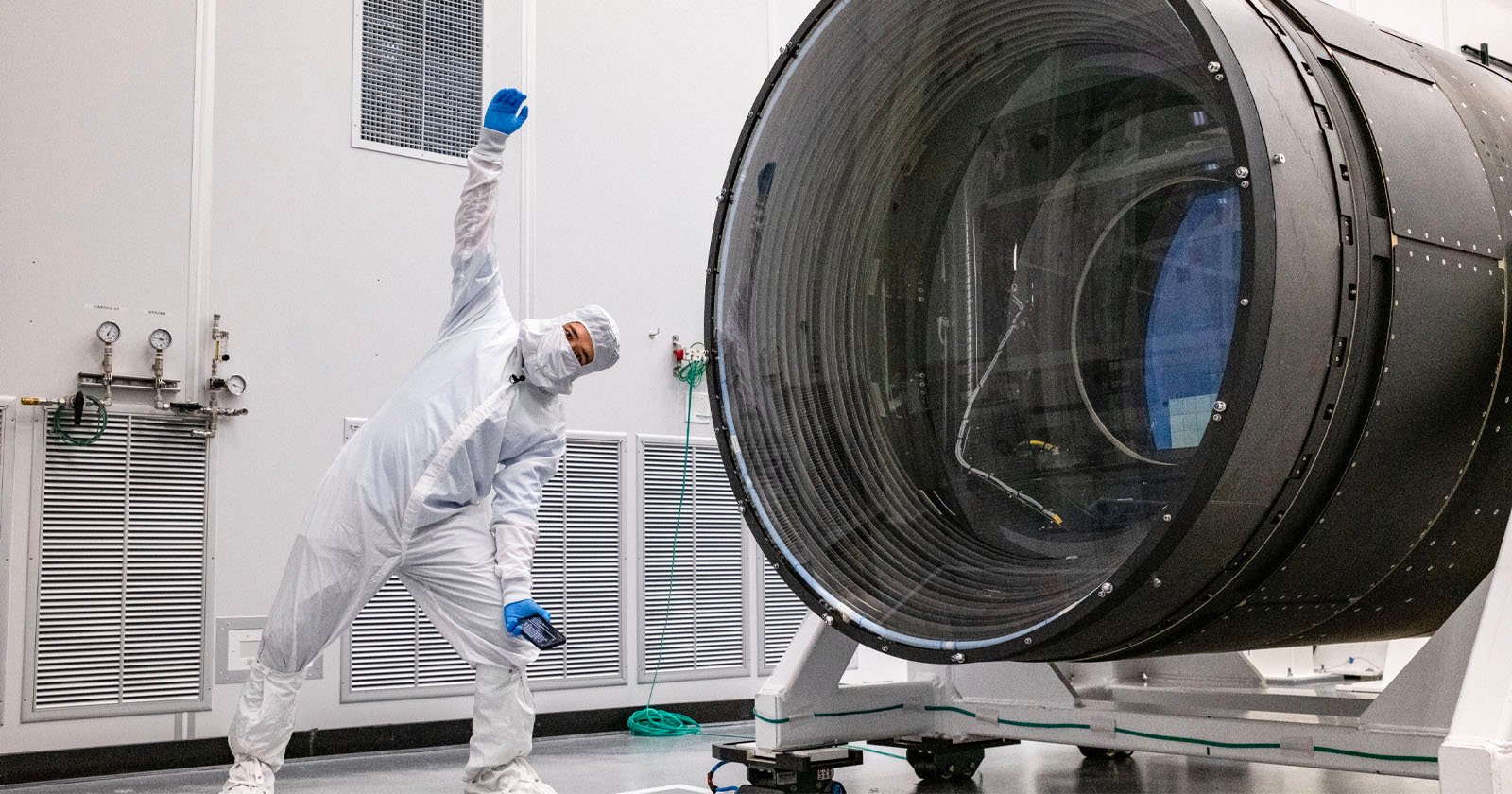

Cockatiels are popular pets and it’s easy to see why. They are cute, friendly, and intelligent. If you have a pet cockatiel, you already know that their bright personality will keep you and your family entertained. You have also likely heard your cockatiel sneezing and wonder if you should be worried.
The good news is that as long as the sneezing is dry (not producing mucus or moisture), and doesn’t occur continuously, then your cockatiel is probably just fine. However, there are some situations where a cockatiel’s sneezing can be cause for concern. Read on to learn more about why your cockatiel sneezes, what you can do to help, and when you should worry.
Common Causes of Cockatiel Sneezing
Cockatiel sneezing is fairly common. Their feathers tend to produce a more powdery residue than other birds. Some of the powder can get into their nose and make them sneeze. There are other causes of sneezing, however, that can be the result of their environment, diet, or care. These include:
- The air in your home is too dry
- Your cleaning products are irritating to your bird
- Malnutrition
- Dust
- Poor air circulation around the bird’s cage
- You smoke in your house
- Fungal or bacterial infections
- Viral infections
- Tumors
- Sinus blockage
As you can see, some of these common causes are more worrisome than others. It is important to monitor your cockatiel’s sneezes for any changes in mucus production, intensity, or frequency.

What to Do When Your Cockatiel Sneezes
You may not even realize your cockatiel is sneezing if you aren’t paying close attention. They are small birds and their sneezes are not very loud. However, an attentive pet parent will be able to tell if their bird is acting differently.
If you notice a dry sneeze from your cockatiel, you should evaluate their environment. While it may simply be a sneeze from their feather powder, an environmental issue might also be part of the problem.
For example, if you are using aerosol cleaning products in your home, this can cause irritation or allergies in your cockatiel. The same can be true if you use harsh cleaning products to clean out the birdcage. You should only use gentle cleansers, like vinegar, on the cage to prevent irritation of your bird’s respiratory system.
Indoor smoking, dry air, and too much dust are also frequent culprits. You should make sure the air around your bird is as clean as possible. You should run an air purifier in the room the bird is kept in if any of these environmental contaminants is a problem.
You can also help ensure your bird is healthy by feeding them a well-balanced diet. Many bird owners only give their birds seeds that do not have enough of the many vitamins and minerals that birds need, including vitamin A. Offering a balanced diet of bird pellets, seeds, fruits, and vegetables will help keep your cockatiel free from respiratory distress caused by malnutrition.
When to Worry About Sneezing
While an occasional dry sneeze is nothing to worry about, there are several situations when you should be concerned about a cockatiel’s sneezes. If your bird is exhibiting any of the following behaviors or symptoms, you should contact your veterinarian:
- Wet Sneezing – If your cockatiel is sneezing and has any discharge from their nose, you should first examine their nose for obstructions, such as a loose seed or other particles. It is recommended that you look with a flashlight so you can see more clearly. If there isn’t anything blocking their nasal passages, the discharge could be a sign of infection.
- Frequent Sneezing – Frequent sneezing, even if you think it is just caused by dust, should also be checked out by your veterinarian. Often continuous sneezing is the first sign of more serious illnesses in birds.
- Red Nostrils or Stained Feathers – Red nostrils are typically a sign of infection in cockatiels and should be visible to humans. The same is true of stained or discolored feathers around the beak due to mucus leakage or sneezing. Either of these is a cause for concern and should be treated immediately.
- Lethargy and Weight Loss – If you notice your cockatiel isn’t as active or has suddenly lost weight, accompanied by any form of sneezing, this can also be a sign of a more serious problem.
- Changes in Droppings – This could mean a change in color, consistency, or frequency. All of these might indicate that your bird has an infection or other illness.

Conclusion
An occasional dry sneeze from your cockatiel is nothing to worry about. However, if it is accompanied by other issues or becomes more frequent, you should have your veterinarian check it out. This will give you peace of mind and ensure that your bird has a long, healthy life.
Featured Image Credit: Pixabay
Nicole is the proud mom of Baby, a Burmese cat and Rosa, a New Zealand Huntaway. A Canadian expat, Nicole now lives on a lush forest property with her Kiwi husband in New Zealand. She has a strong love for all animals of all shapes and sizes (and particularly loves a good interspecies friendship) and wants to share her animal knowledge and other experts’ knowledge with pet lovers across the globe.






